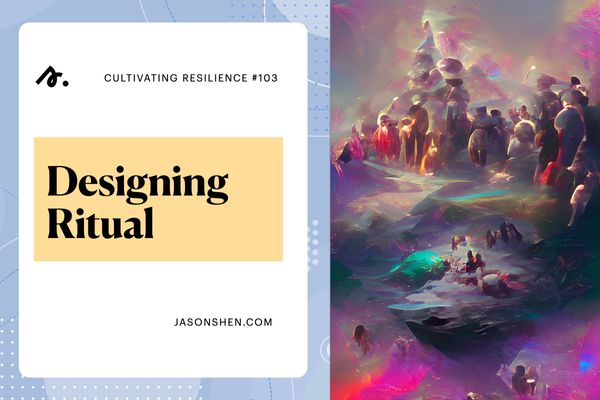In Celebrate with Ritual, longtime minister Karyl Huntley describes how rituals help us move through change:
A ritual is a conscious act that represents something more profound and deeper than the act itself. You do something, but it means so much more. You celebrate change in ritual and suddenly the change becomes a blessing instead of a curse.
Most of us have participated in a graduation, be it high school, college, maybe even grad school. Students assemble in front of an audience of friends and family in robes and funny square hats. Several senior members of the academic institution speaks along with a celebrated guest speaker. Names are called one and students cross the stage, shake hands with someone and receive a piece of paper signifying their successful completion of this program.
This graduation ritual creates a sense of meaning and recognition for participant. It creates a social and emotional marker that recognizes their transition from student to learned adult. All across the country, students are participating in these graduation rituals, each with their own flavor and traditions.
Rituals in a Secular World
The word ritual appears inside the word spiritual. And in our increasingly secular society, rituals are being lost. While those who do regularly attended organized religious activites participate in rituals—they sing, fast, pray, meditate, eat, and gather, the fastest growing religious groups is the "nones" – unaffiliated make up 3 in 10 Americans.
As Casper ter Kuile writes in The Power of Ritual: Turning Everyday Activities into Soulful Rituals
I am convinced we are in the midst of a paradigm shift. That what used to hold us in community no longer works. That the spiritual offerings of yesteryear no longer help us thrive. And that, just like stargazers of the sixteenth century had to reimagine the cosmos by placing the sun at the center of the solar system, so we need to fundamentally rethink what it means for something to be sacred.
Besides graduation, the only two other largescale and widely recognized social rituals we have are weddings and funerals (and both commonly include religious elements). There are smaller ones like blowing out a birthday cake, giving gifts at a baby showers, and holiday-based rituals like trick or treating at Halloween and light fireworks for New Year's and Fourth of July, but they are more scattered, less intentional, and less imbued with meaning.
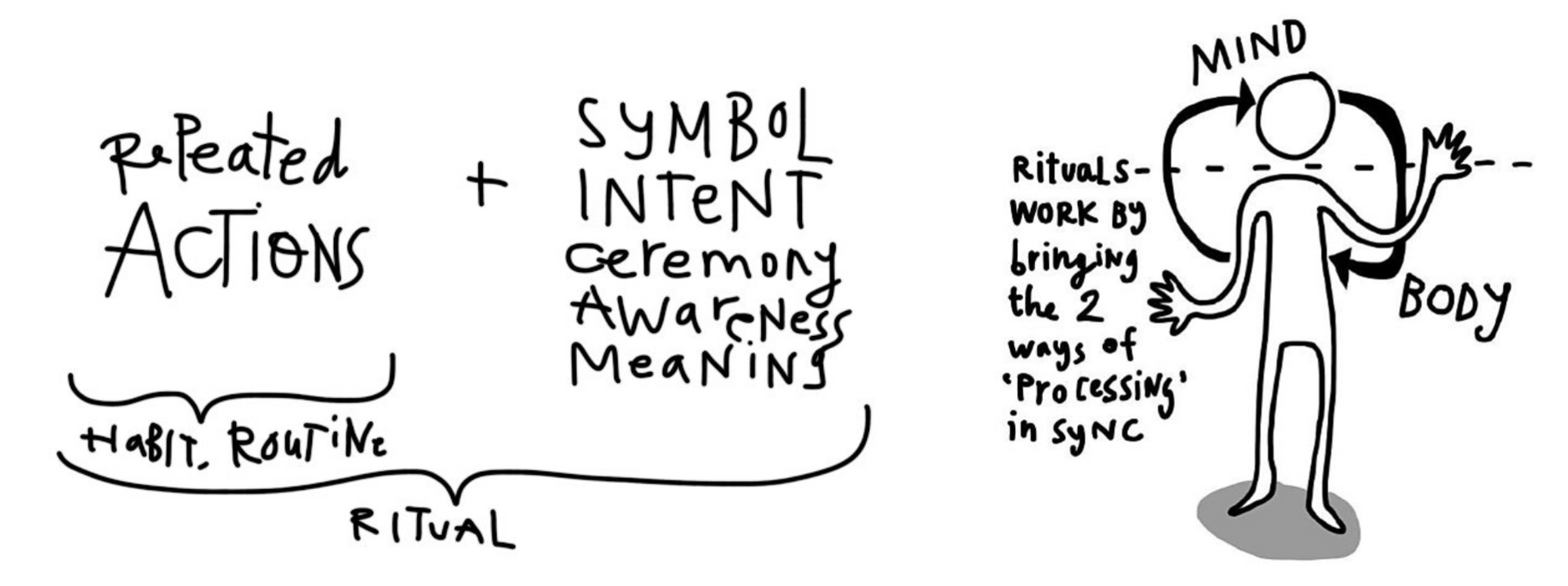
In a world that can feel increasingly disconnected, with everyone kind of doing their own thing, rituals can be a way for us to tie our thoughts and intentions with physical activities, and foster connection and community.
Personal Rituals
In an Atlantic article about Ozenc's work, a rabbi from Washington, D.C. describes the shifting dynamic from ancient religious rituals and newly invented "bespoke"
“In earlier generations, the more we could objectify religion as something that lives outside of you, the more authentic it was,” Steinlauf said. “Now, if you’re really going to speak Millennial, ritual has to be fundamentally subjective in the sense that it has to be intensely personally meaningful and relevant. As soon as it speaks to my truth, that’s authenticity—that’s how we define authenticity now.” If the bespoke and the legitimate used to be inversely proportional, today they are directly proportional.
Huntley agrees: her book is almost a recipe guide for crafting rituals of different occasions: sending a child off to college, blessing a new house or home, forgiving someone who wronged you.
In the past few months, my wife and I developed a dinnertime ritual where we hold hands and share one thing that went well that day and one hope for tomorrow, and we end by simultaneously speaking a short phrase to each other and sealing it with a kiss. The ritual helps us find connection and understanding within our busy days.
Work Rituals
I'm an angel investor in a seed-funded software company, and was talking recently to the CEO. She was excited about the progress her company had made but was concerned that her team wasn't taking the product direction seriously. The team had made a hard pivot from their founding premise and often would make jokes about how if things don't work out, they could just pivot again.
I suggested that perhaps what the team needed was a ritual, a ceremony or symbolic action of sorts that could help cement this idea that could help the team gain clarity and a shared commitment towards this direction.
When Mark Zuckerberg wanted to make it clear to his employees, his shareholders, and the world that he was serious about building the metaverse, he renamed the company within the ritual of the company all hands.
This was a costly and largely symbolic ritual mostly for the leadership and marketing teams, but it trickled down to every employee in many little ways, from using the word "Meta" way more in daily life to changing our Linkedin bio's.
This startup CEO might not have Facebook/Meta's legal resources and marketing resources, but she can more easily gather her entire team together for a synchronous activity. Coordinated rituals of 100,000 people tend to be too cult-y or authoritarian to work, but with 14 people, I think she has the opportunity to make something special happen.
Rituals and Art
As a multidisciplinary artist, my wife Amanda Phingbodhipakkiya has created a series of participatory installations at Lincoln Center inspired by her Southeast Asian heritage called Gather. Every weekend from now until July 5th, she is leading a series of rituals at the outdoor campus of Lincoln Center.
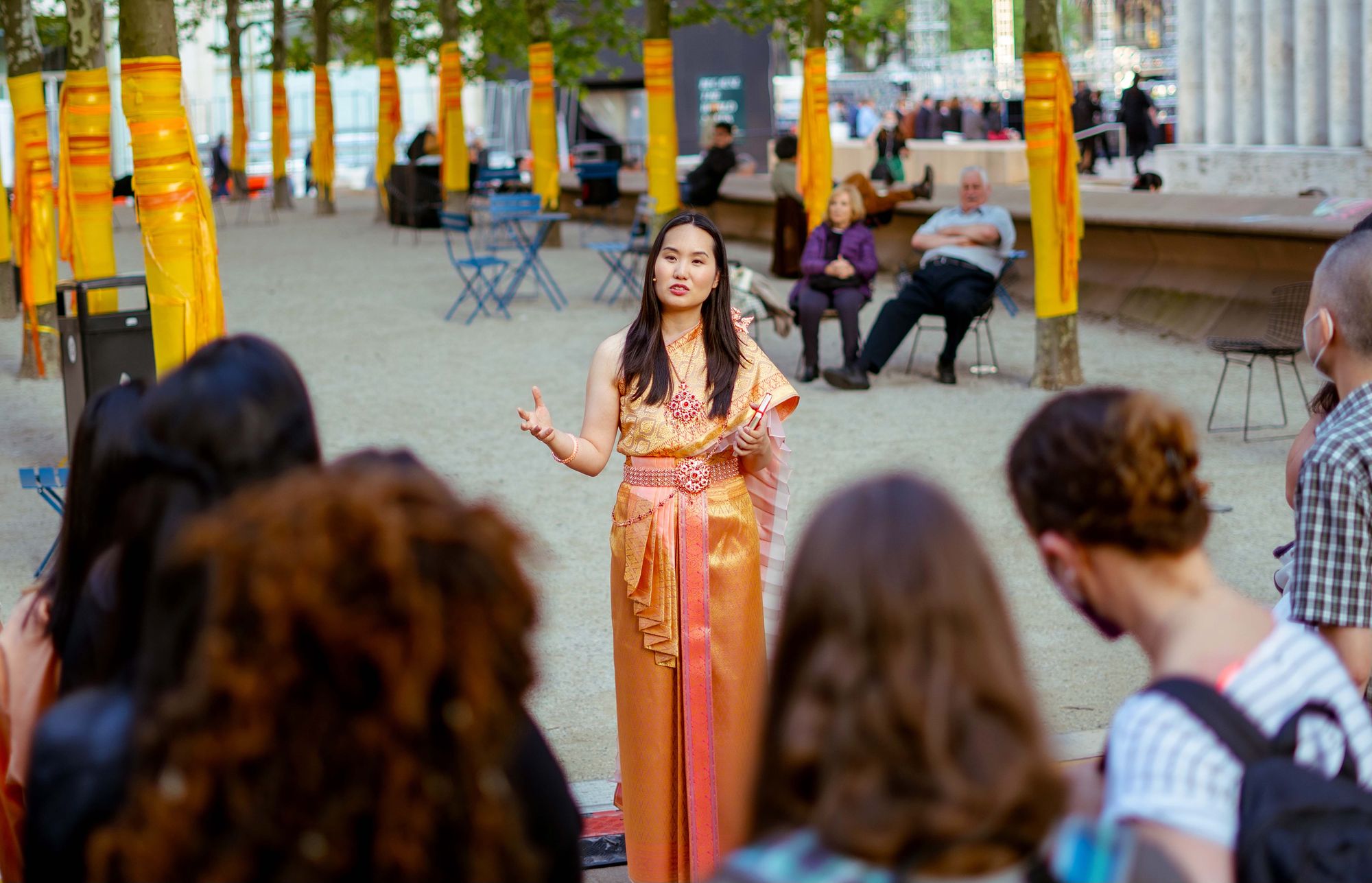
In her first event, Islands of the Sea, Amanda distributes mirrored vessels and asks people to partner up, take turns speaking their feelings of grief and sorrow into the vessel, write it on the vessel, then exchange the vessel with the partner. This act of carrying another person's grief is symbolic but when every vessel is then released into the pool, the communal action allows those emotions of sadness to be truly felt and then released.
(See the video below for a glimpse of the installation)
Create Your Own Rituals
You do not have to wait for a participatory installation to go up in your city, or start attending a religious gathering, or wait for a major holiday or life event to start your own rituals. You can create a ritual for yourself, with your friends, or your team. Starting that conversation may feel a bit awkward at first, but maybe forward them this article as a way to get started.
Check out some of these resources to get started:
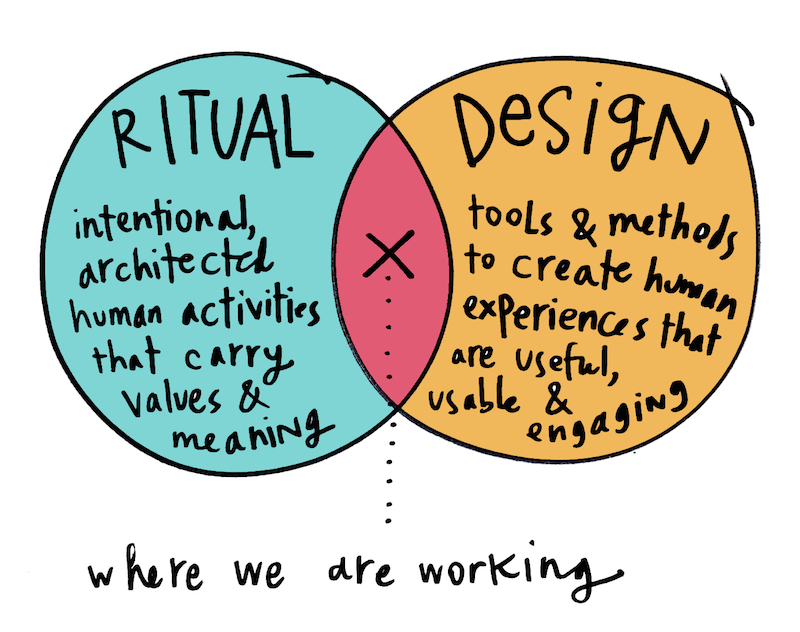


Recent Issues
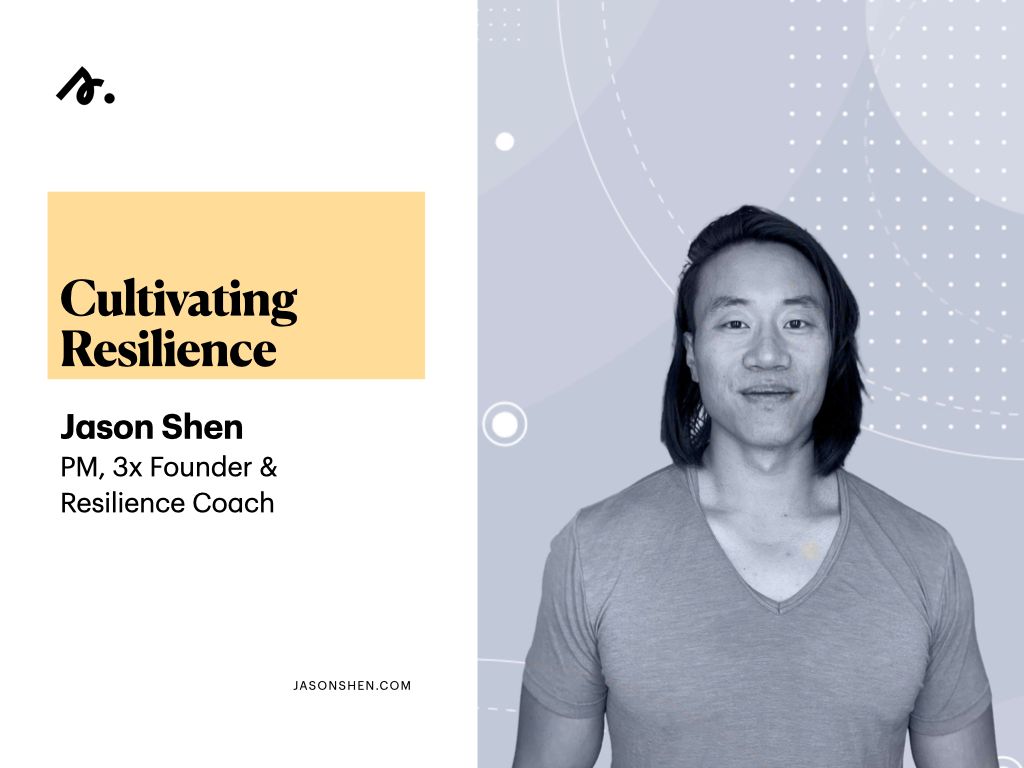
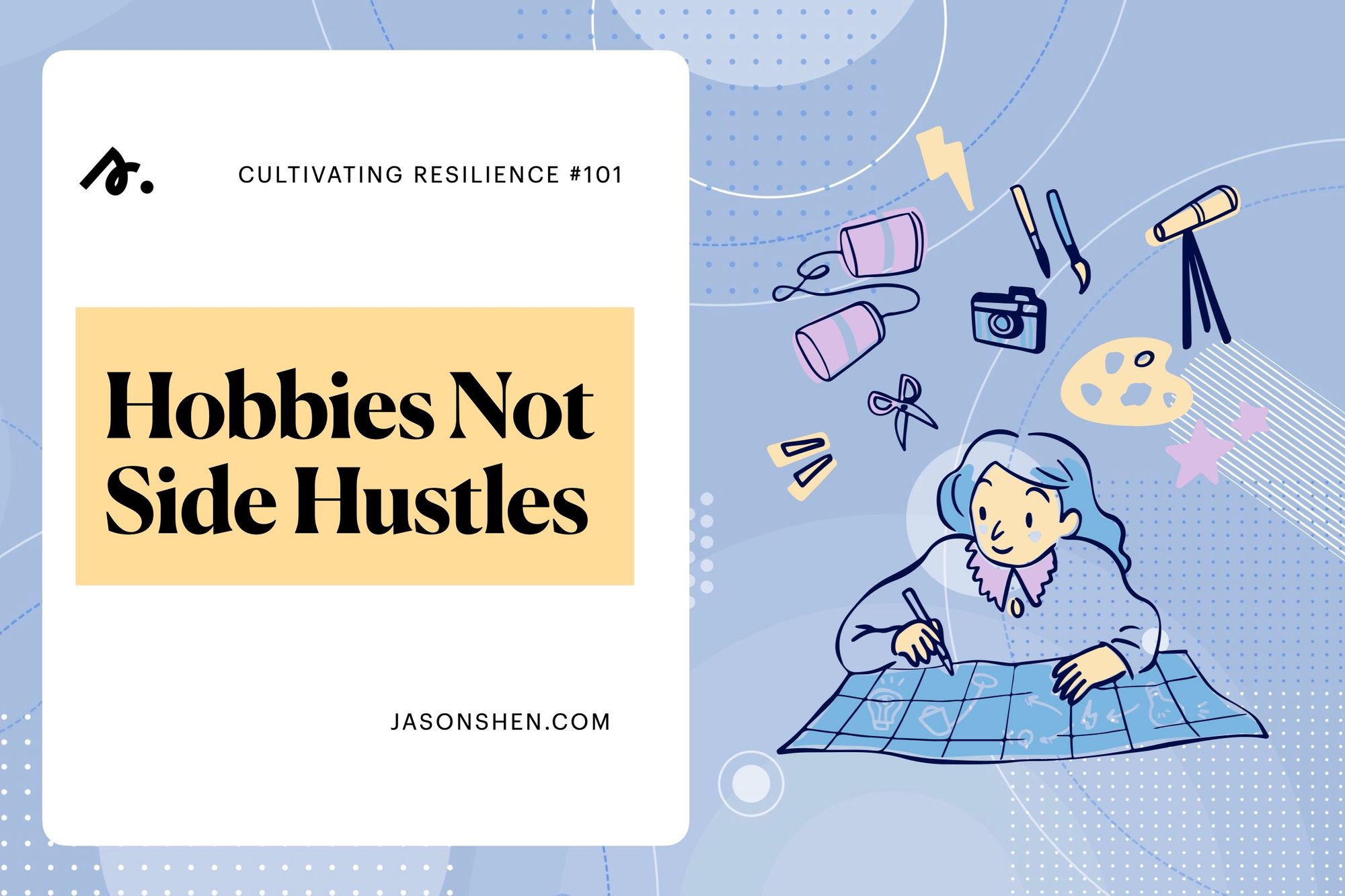
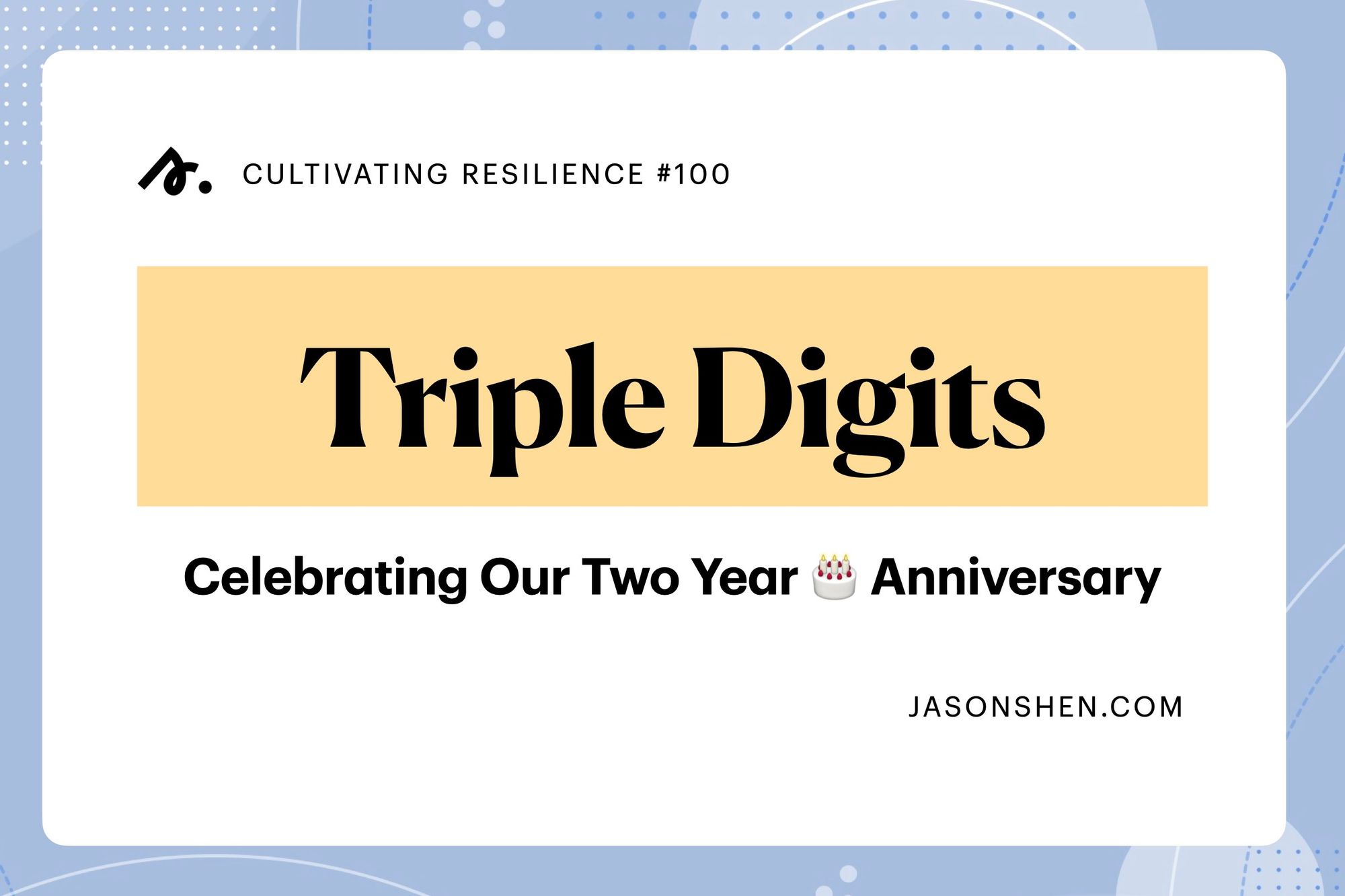
More Resources and Fun Stuff
- Book Notes: Summaries / quotes from great books I've read
- Scotch & Bean: a webcomic about work, friendship, and wellness
- Birthday Lessons: Ideas, questions, and principles I've picked up over the years
- Career Spotlight: A deep dive into my journey as an athlete, PM, founder, and creator.
